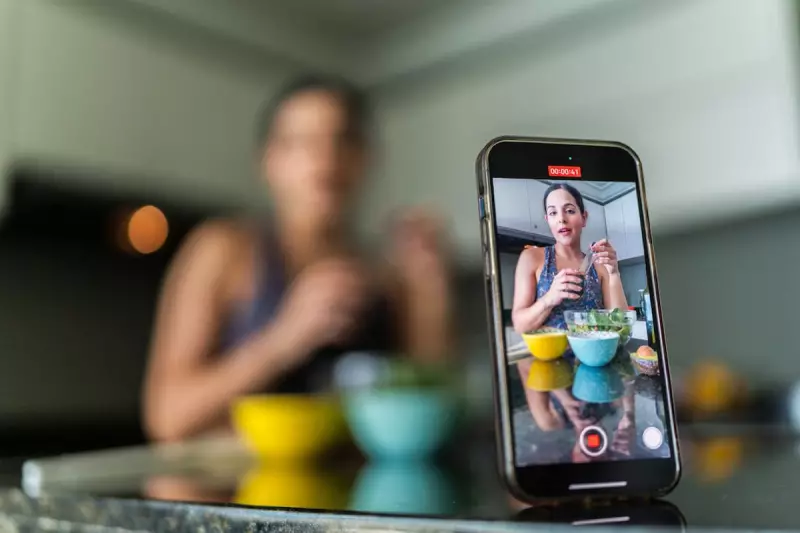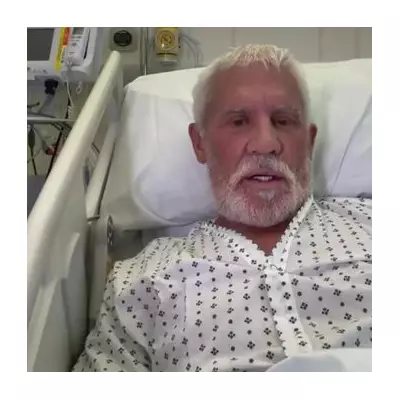
Social media platforms like TikTok have become a breeding ground for diet culture, with viral 'What I Eat in a Day' videos gaining millions of views. While these clips may seem harmless, experts warn they often promote restrictive eating habits and unrealistic body standards.
The Rise of Diet-Focused Content
Scrolling through TikTok, it's impossible to miss the countless videos where users—often young women—document their daily meals. These posts frequently showcase extremely low-calorie diets, 'clean eating' regimes, or other restrictive patterns disguised as 'healthy living.'
Why These Videos Are Problematic
- They normalise extreme calorie deficits
- Often omit crucial nutritional information
- Create unrealistic comparisons
- Can trigger disordered eating behaviours
Nutritionists express concern that such content disproportionately targets vulnerable audiences, particularly teenagers and young adults already susceptible to body image issues.
The Algorithm's Role
TikTok's recommendation system tends to amplify this content, creating echo chambers where users are constantly fed similar videos. This can lead to the normalisation of dangerous eating patterns and the glamorisation of under-eating.
Mental health professionals note a worrying trend: many patients cite social media as a significant factor in developing or relapsing into eating disorders.
A Call for More Responsible Content
Some creators are pushing back by posting realistic meal plans or calling out harmful trends. However, experts argue platforms need to do more to flag potentially dangerous content and provide resources for those struggling.
As the conversation around mental health and social media continues, one thing is clear: the 'What I Eat in a Day' trend reveals how easily diet culture can masquerade as wellness online.





